The Nationalism of Cristina Fernández de Kirchner
Argentine President Cristina Fernández has increased her appeals to nationalist sentiment to build domestic political support.
Argentine President Cristina Fernández has increased her appeals to nationalist sentiment to build domestic political support.
How will the Fernández administration’s policies affect the country’s economy and businesses in the long-run?
Given today’s realities, the glowing terms some used to describe US-Argentine relations in the 1990s do not make sense. But neither does the excessively negative talk heard in Buenos Aires and Washington.
A recent Economist article discussing Sino-Argentine relations cited to commercial loan statistics from the Asia and Latin America Program’s China-Latin America Commercial Loans Tracker.
A Latin America Advisor Q&A featuring experts’ viewpoints on President Alberto Fernández’s re-election bid in Argentina.
In most of the world, the International Monetary Fund is just a multilateral financial institution. In Argentina, in contrast, the fund is a fundamental and highly controversial part of economic and political life. As if to highlight that, the country’s ruling Peronist coalition is currently unraveling from internal divisions following a recent agreement between the government and the IMF, approved only weeks ago.
On June 16 the Inter-American Dialogue hosted a private meeting with Sergio Massa, President of the House of Representatives of Argentina, on the political and economic challenges during the Fernández administration, and the state and future of US-Argentina relations.
In a vitriolic address to Argentina’s Congress on March 1, President Alberto Fernandez put to rest any illusions that he would be a moderating influence on his vice president and political mentor, former President Cristina Fernandez de Kirchner. During his speech, the president attacked Cristina Fernandez’s traditional enemies, including the press, the judiciary, and the political opposition. More surprisingly, he also criticized the IMF, despite being in the middle of discussions to renegotiate Argentina’s $44 billion debt.
Women are breaking the highest of glass ceilings in politics. On Oct. 28, Cristina Fernández de Kirchner became Argentina’s president-elect. Since March 2006, Michele Bachelet has been president of neighboring Chile.
Cristina Fernandez’s power and influence make it difficult for Alberto Fernandez to present a vision that can set Argentina on a stable path of reforms in order to avoid constant crises and debt defaults.
On December 10, 2019, the Inter-American Dialogue, hosted an event titled “New Leadership in Argentina & Bolsonaro’s First Year.” The panelists were Matias Spektor, Rut Diamint, Bruno Binetti, and Monica de Bolle. Rafael Mathus, correspondent for La Nación, moderated the event.
What shape will Fernández’s foreign policy take?
In a country used to having strong leaders, Alberto Fernández’s dependency on his still-popular but polarizing vice president could weaken him politically. Sooner or later, this contradiction will need to be resolved, and one of the two Fernandezes will be left standing.
Voters in Argentina elect a new leader and a familiar face as his deputy. Bruno Binetti, non-resident research fellow at the Inter-American Dialogue, spoke with Hazem Sika of Al Jazeera about the Fernandez-Fernandez victory in Argentina. Binetti weighed in on Macri’s shortcomings, implications for the Argentine economy, and political trends in South America.
Each subsequent crisis makes it more difficult for the government to reform the economy without provoking a major social disruption. To escape its never-ending cycle of crises, however, the next president will have to do more than reform the economy; he will have to win back the trust of voters who have grown to expect the worst from their leaders.
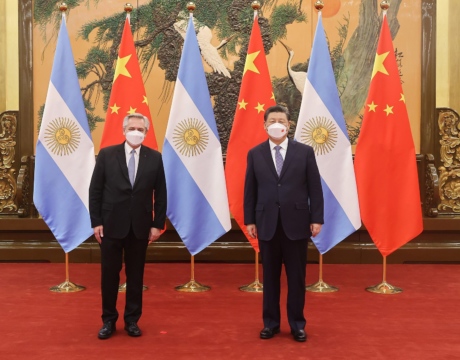
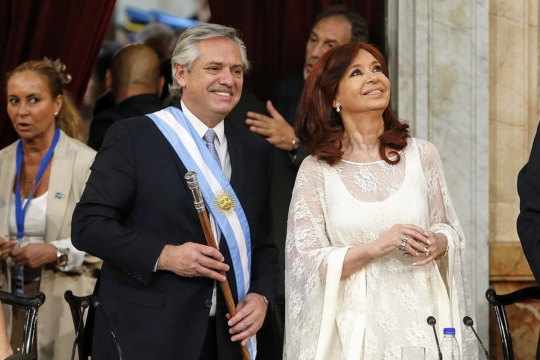
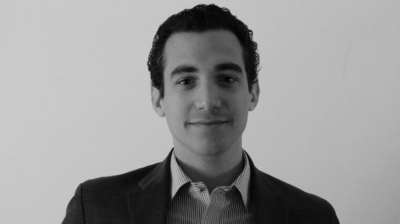
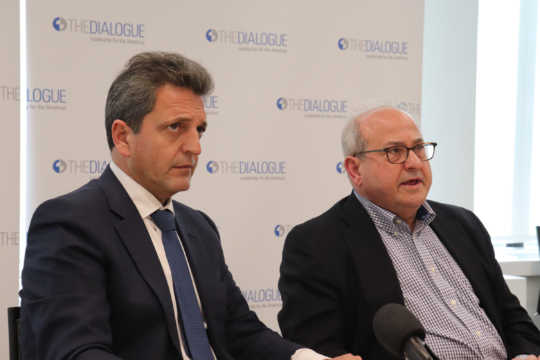
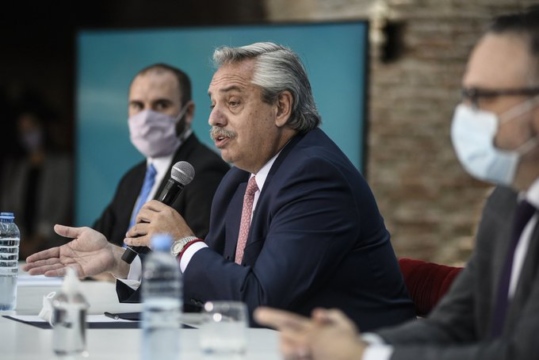
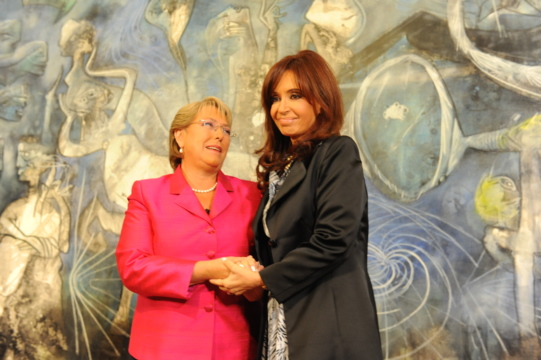
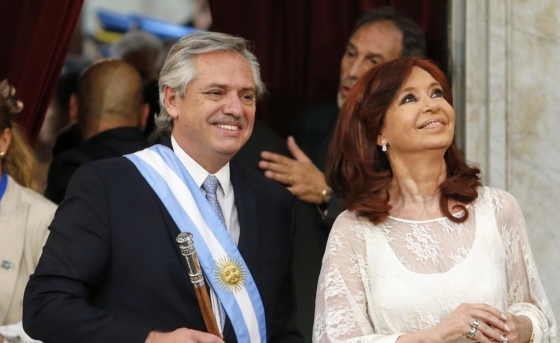
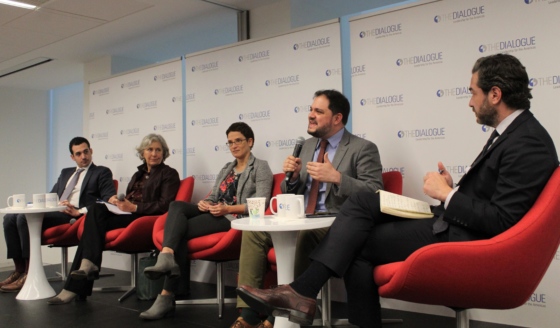 Video
Video
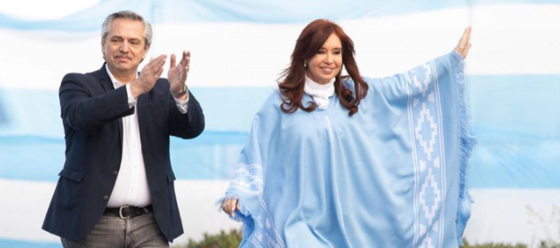
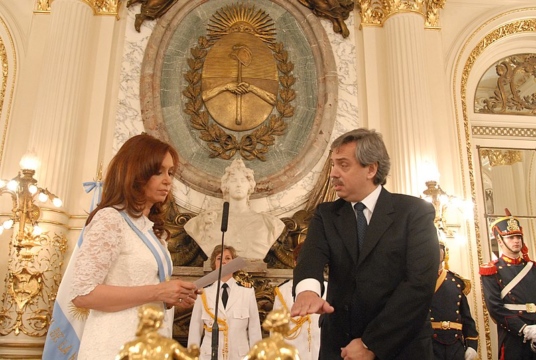
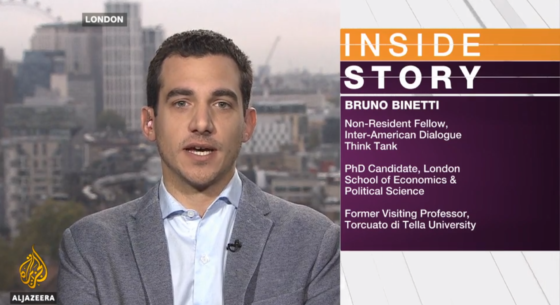 Video
Video
